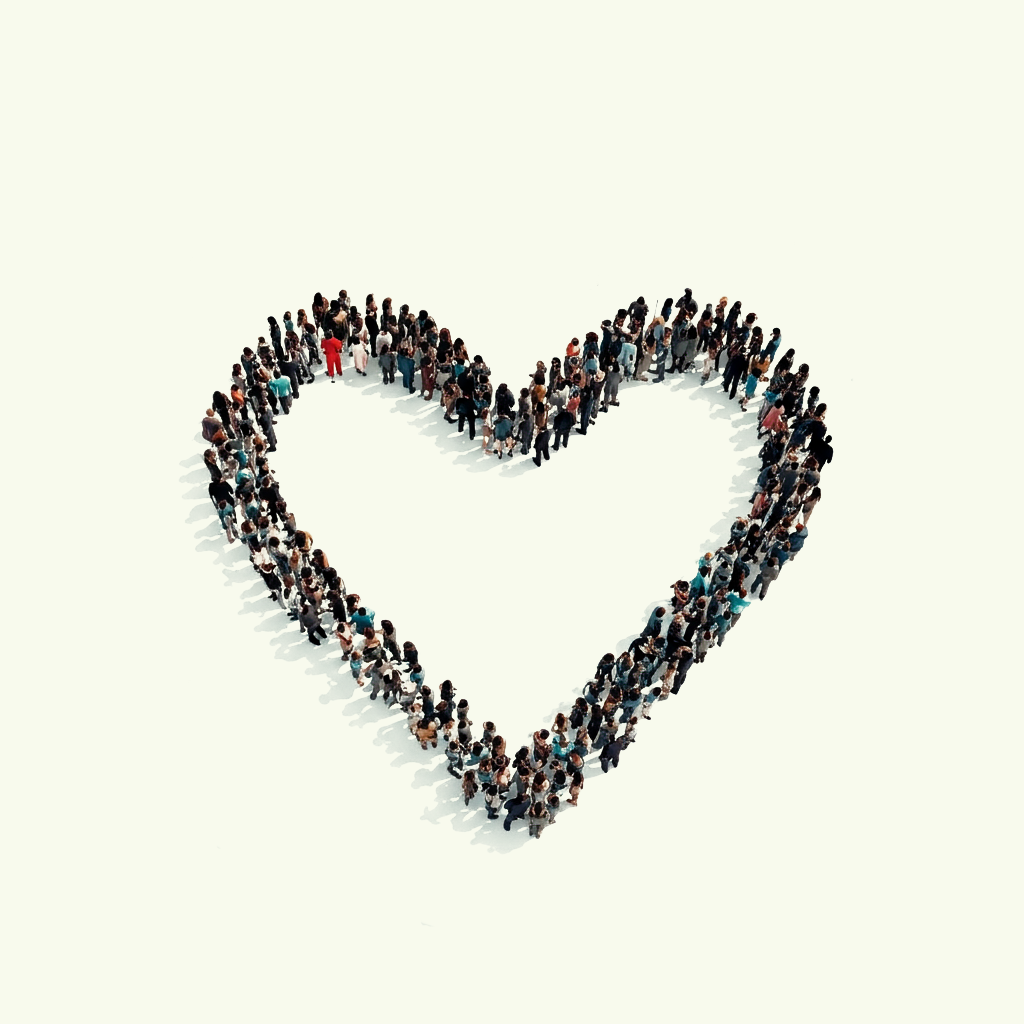
Community Economists: How Do You Start Talking About Economics?
This blog from Caroline Tosal-Suprun as part of our ongoing Community Economist project, which you can read more about here. Read the first blog, What is the Economy?
What is a community economist? Someone with no formal training or in-depth knowledge about the economy who wants to be part of challenging economic inequality. By design, understanding the economy is hard enough – getting to be one of the people who have a hand in shaping our economy harder still. We wanted to make that pool of people making decisions wider.
Thanks to funding from the Friends Provident Foundation we were able to start recruiting for a group of ordinary people to become community economists. We wanted to reach people who felt far away from traditional power structures such as academia, civil service, grassroots activism, charities and think tanks. Perhaps it was the ease of the application process, the good will of partners and supporters who really promoted the opportunity, or a sign of a turning tide, but we had an unexpectedly high volume of applicants! We had to make some tough decisions right from the start about how to prioritise and allocate resources, as we only had 10 spaces and 2 part-time members of staff who also work across other projects.
From the responses and chemistry checks we learnt so much. First of all, there are so many extraordinary people in our communities who are building community power and resistance in big and small ways – calling out injustice when they see it, volunteering, getting involved in local politics, running campaigns, contributing to strategies and research, joining trade unions, becoming trauma informed. So many examples of people showing us how to be citizens, as an act of showing up and participating. (Thurste, Alexander).
Another thing we heard through this recruitment process was that thinking about equality and justice can feel lonely and overwhelming, and people wanted to feel joyful, connected and powerful. We’ve made sure to incorporate those aspects later in the project.
So now, we’ve successfully recruited our first community economists who will go out into their communities and, using the questions they’ve agreed together, invite people to talk about the economy. There is lots of evidence already about how the economy is failing most of us, but we wanted this project to create an opportunity to re-imagine what the economy is and create a vision for a better future.
However, we found that felt too abstract for some of our participants. Imagination takes practice and courage. At a time when many feel overworked and underpaid, invisible or villainised, juggling and hustling just to survive, imagination can feel like a luxury we can’t afford. We wanted our community economists to be able to start their conversations with a question that felt inviting, hopeful, exciting.
- “The conditions for a good life for all do exist – materially. What’s missing is permission to believe in it, to organise for it, to fight for it” — Aaron
- “I don’t believe we should be paying for food or medicine or education because I believe all these things that help humans grow and thrive and survive essentially should be provided for free, should be provided by the state” — Esther
- “I think there’s enough money in the world to fix that problem. There’s not enough want to do it by the right people who have the money” — Rabbi
Quotes from community economists
Our next learning (more of a reminder) is that language really matters. We debated value and values; what is meant by “good” and “fair”. We debated emphasis and ordering of words. We framed and reframed our questions. We trialled playful prompts and two-part questions. And eventually reminded ourselves that perfection is the enemy of good and found a question everyone agreed captured the thing we really wanted to know:
What would it be like if everyone had what they needed to live a good life—and how would that be different from how things are now?
The Community Economists will spend a month gathering people’s answers to this question and reconvene to start the analysing their insights. The learning from these conversations will inform our change making activities for the next phase of the project.